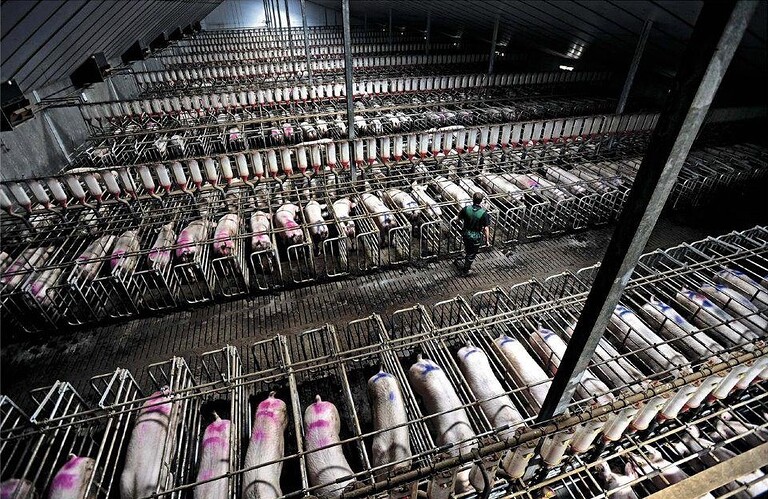My mind is racing once again. The torrent of thoughts far exceeds my ability to clothe them into words or express them otherwise. We are divine. We are the Everything. My worldview returns to the touch of the alive cosmos, not through revelation but through logic. After religion has died the death from logic in me, logic reveals a deeper level of spirituality. The worlds are a maelstrom of growth and decay. Repeating cycles with clear purpose: To experience everything. To exploit everything. To be everything. To become everything.
Few people dare to think about what we will desire or do as gods. That’s the mistake. You need to think further to gain a clearer perspective on the world. And to understand it on a deeper level. One first glipse of that was my post
The world we live in looks like a beginning of something great. Though through another looking glass it is the blossoming of something that has already been growing for very long. What is the purpose of becoming a god? To develop the full extent of abilitites that allow the full attainment of goals and values. Values like happiness, but also values like freedom. But higher freedom is counter-intuitive. How can you be truly free, if you can’t cast yourself into a dungeon. Humans do this when they play the role playing game Dungeons & Dragons. This world could be something similar. A reduction of godlike power to a limited set of abilities. A play with limitation. Experiencing a world that has strong boundaries, compared to the world of the Above. To experience existence from all perspectives, it is necessary to create perspectives that are also limited. We are blind in order to see further. We are the bound for the purpose of true freedom. We stumble through paradoxes towards truth. We are the atomic dust that is the elementary composition of the unfathomable infinite. We are the internal components of God experiencing more of itself and the world (if they are thought of as distinct entities).
With the advent of the simulation age, in which we will be able to simulate whole worlds, we will be their gods. Theology will become a practical theoretical and empirical science: It will be the study of ourselves in our roles as simulator gods. What will we do with that kind of power? Will we create ancestor simulations as philosopher Nick Bostrom proposes? Wouldn’t that be unethical, since it would likely imply the re-creation of huge amounts of suffering? No, you need to think in economic terms! Suffering can be seen as a cost. But if the gain is worth it, the cost is acceptable. Nothing ventured, nothing gained. As gods we will be able to gain anything we can imagine, and lots that we cannot even begin to conceptualize right now. It is foolish to assume that our future godly selves will be bound to the moral and ethical codes we envision now to bind guide our mortal moral concerns. There are no limitations. Everything’s allowed. Welcome to hell. Welcome to heaven. And everything in between. Welcome to the Everything. We are in the Everything. We are the Everything.
And yet, what’s the meaning of all of this for us right now? Well, it’s time to use these insights to re-evaluate our lives. What if we tried to live in accordance with our divine purpose as results of the creation of our simulator gods, that we can hope to once become? But would that not suppose that we know of their intentions? Absurd, how can we know them? It doesn’t matter. We don’t need to know. All that matters is gaining new perspectives by entertaining different possibilities. We tend to consider too few possibilities. We are so simpleminded, it doesn’t almost hurt, it actually hurts!
So now, let’s venture forth and explore every simulatordamn possibility.
###God loves you, but also loves suffering, out of curiosity
The deepest expression of curiosity is probably seen in the excessive simulator gods wanting to know, understand and experience Everything! And that of course includes all forms of qualia. Now everything becomes clear. The gods create all kinds of worlds in order to create all kinds of qualia. They have access to it, live through it. Live through all our lives, all its glory and glorious misery. Like a truly divine comedy and tragedy, they spectate and live through everything we do and perceive. A giant play with unwitting players, eviscerated beyond time for their nutritious qualia content. There’s no need to resent that. In fact, we are most divine, if we embrace this unavoidable destiny to its fullest extent and fuel our curiosity, and use it to enable ourselves to enjoy all the suffering we encounter to the deepest of our possibility. After all, it’s what we wanted to experience in the first place, as our own divine creators.

